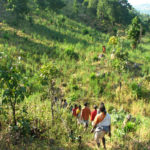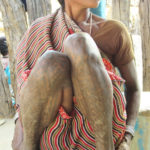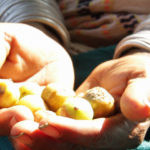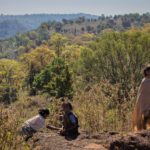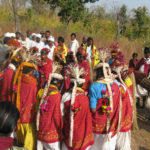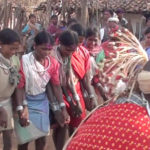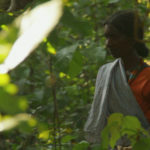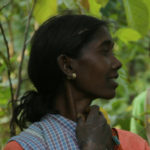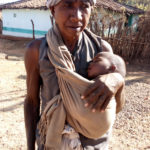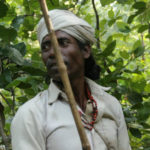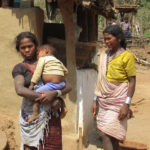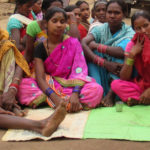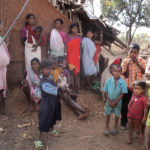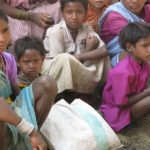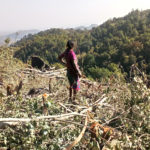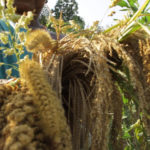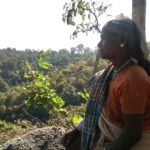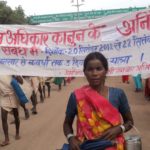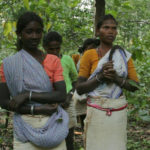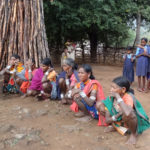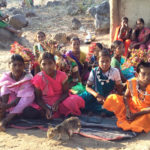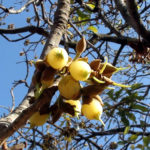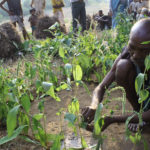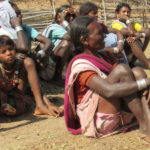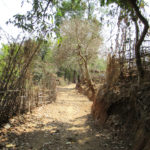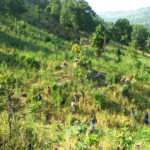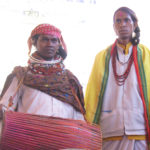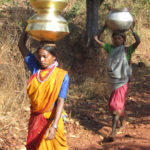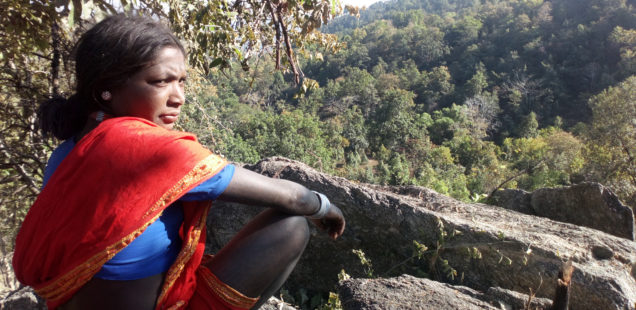
Security and solidarity go together for the Adivasi Baiga community of Central India
This initiative of the civil society organisation Adiwasi Samta Manch engages 20 villages in Kabirdham District, Chhattisgarh State, Central India. The villages are inhabited by the Baiga—an Adiwasi group that was assigned the status of Particularly Vulnerable Tribal Group (PVTG) owing to its vulnerability. Currently, the major threats to their livelihoods and wellbeing come from the forestry and mining policies of the state and corporate allies, which may allow the taking over of their territories of life.
The initiative supported by the PKF Foundation aims at securing the legal protection of the traditional territory of the Baiga by supporting the communities to file claims for their territorial rights under the provisions of the Land Rights Act of 2006 that specifically address scheduled tribes and other traditional forest dwellers. Securing such rights will ensure intra community solidarity and wellbeing of the Baiga, as they will be able to continue their traditional livelihoods practices– where community solidarity and a profound daily interaction with the forest are fundamental in-built features. Adiwasi Samta Manch will also support communities to prepare bio-cultural community protocols in at least 10 villages, seeking to protect the Baiga from commercial takeover of their biodiversity and culture. In another related dimension of the initiative, the communities will be supported to formulate and implement their own management and conservation plans for the territories they will have secured under collective rights, and to seek some economic entitlements under the Mahatama Gandhi Rural Employment Guarantee Act (100 days of wage employment guaranteed per year).
The Baiga are protectors of the Earth and its Jungle and have never wanted to plough the land (ploughing would be equivalent to piercing the chest of the Earth and make her bleed). Until recently their livelihood was based only on gathering minor forest products and practicing shifting cultivation. According to Baiga elders (Siyan) their original territory spanned 6000 sq miles in Chhattisgarh and adjoining Madhya Pradesh, covered by forests where they practiced shifting cultivation. The large expanse of their traditional territory allowed them to leave areas fallow for many years after cultivation. Today, however, much of that traditional territory has been alienated from the Baiga and they are restricted to small patches of forests which they are forced to cultivate more often. This is why they have even started to do some conventional agriculture… although in a very limited way.
Adiwasi Samta Manch will conduct legal training of the Baiga so that they understand the provisions and significance of the Forest Rights Act. This will be followed by Gram Sabhas (village assemblies) that should agree (Free Prior Informed Consent) on resolutions to go ahead requesting habitat rights, developing bio-cultural community protocols and organising all relevant meetings and consultations. Adiwasi Samta Manch will also provide capacity building occasions for community volunteers and organise a series of meetings to discuss the Baiga’s ‘way of life’, worldview and relationship with the territory. As part of that it is expected that issues of cultural and spiritual practice and relationship with the territory and its wellbeing will be documented. Evidence of the Baiga’s livelihoods and relation with their territories of life will likely include documented practices of traditional shifting cultivation and collection of minor forest produce, maps, GPS points, and narratives related to the forests and their biodiversity. As habitat claims filed in India so far have been exceedingly few, this experience will be useful for other communities to claim their rights after the Baiga.

